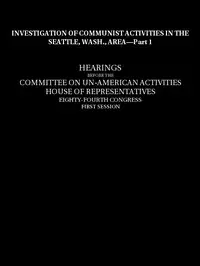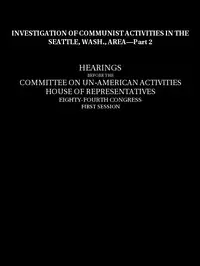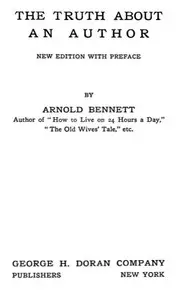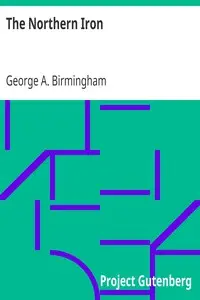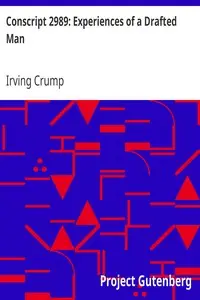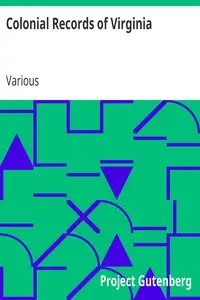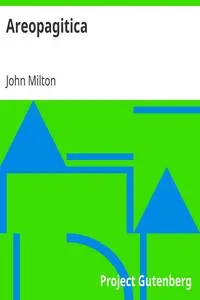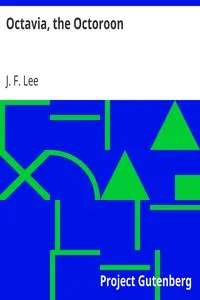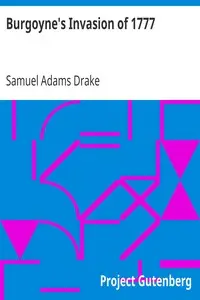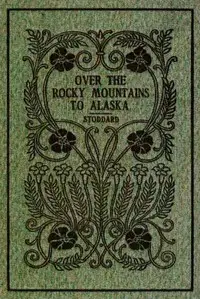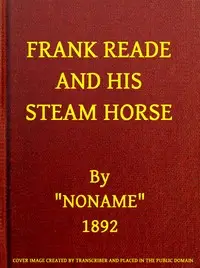"Investigation of Communist Activities in Seattle, Wash., Area. Hearings, Part 3" is a historical account that was likely compiled during the mid-20th century. This volume documents hearings conducted by the House of Representatives' Committee on Un-American Activities, focusing specifically on the Communist Party's activities and influences in the Seattle area. The hearings aimed to uncover the extent of Communist infiltration in the Pacific Northwest, featuring testimonies from various individuals involved in or knowledgeable about the political landscape of the time. The opening of this publication sets the stage for a series of hearings that are part of an ongoing investigation into alleged Communist affiliations and activities. During the initial session, the committee hears from Jeremiah Joseph O’Connell, who recounts his political history and involvement in various organizations, shedding light on the dynamics within the Washington Pension Union and its connections to Communist activity. The discourse highlights O'Connell's acknowledgment of the heightened political tensions of the era, with witnesses reflecting on their experiences and the larger implications of Communist influence during the Cold War. (This is an automatically generated summary.)
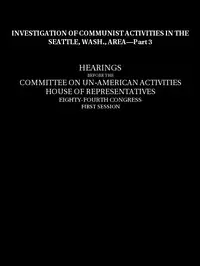
Investigation of Communist activities in Seattle, Wash., area. Hearings, Part 3
By United States. Congress. House. Committee on Un-American Activities
"Investigation of Communist Activities in Seattle, Wash., Area. Hearings, Part 3" is a historical account that was likely compiled during the mid-20th...
The House Committee on Un-American Activities (HCUA), popularly the House Un-American Activities Committee (HUAC), was an investigative committee of the United States House of Representatives, created in 1938 to investigate alleged disloyalty and subversive activities on the part of private citizens, public employees, and those organizations suspected of having fascist and communist ties. It became a standing (permanent) committee in 1946, and from 1969 onwards it was known as the House Committee on Internal Security. When the House abolished the committee in 1975, its functions were transferred to the House Judiciary Committee.

